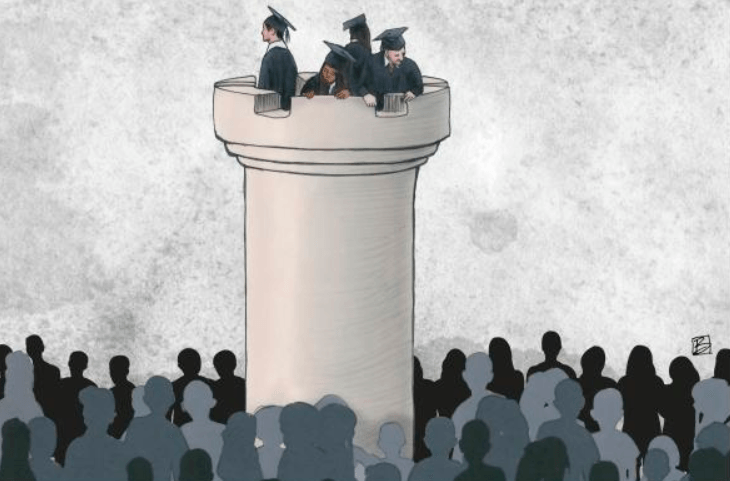PIZZA HUT’S SOCIAL MEDIA RECIPE—PART 5
As a member of the Social Media Club of Kansas City , I was privileged recently to attend a very exciting meeting at which Jenna Bromberg (Head of Digital Engagement at Pizza Hut) was the presenter. Drawing from her rich experience, Bromberg did an excellent job sharing an amazing array of insights, tips, and observations that would be helpful to anyone involved in social media strategy and marketing. I have already shared several blog posts about her observations.
In my concluding blog post about Bromberg’s outstanding presentation, I want to focus on something she stated that involves talent management as much as—if not more than—it involves social media. Bromberg discussed the various members of her team and showcased their strong abilities. Then she made a statement that stunned her audience: Not one member of her team had even one day of social media strategy experience prior to joining her team.
Bromberg went on to explain a concept that I have long endorsed: Great ideas can come from anyone. Yes, there are times when the ideal candidate for the job has the classic resume with all the expected skillsets and bullet points.
On the other hand, I have seen too many cases in which the best candidate turned out to be a person from a nontraditional background and lacked some of the standard credentials. Nevertheless, that person had big ideas, stellar attitude, and no preconceived notions. This is Bromberg’s style. Therefore, instead of building her team by chasing the rock stars of social media, Bromberg looked for great people with big ideas, stellar attitudes, and no preconceived notions. She knew that with those kinds of people, anything could be accomplished.
Perhaps Bromberg’s success in social media is as much a testament to her talent management skills as it is to her social media skills. Perhaps we can learn from her approach. Perhaps today is the day that more companies broaden and deepen their entire approach to talent management. I, for one, embrace that hope. The sky is the limit!











